USDA ups price support for struggling dairy farmers
WASHINGTON, DC – The USDA announced Friday that it would temporarily raise prices paid for cheese and nonfat dry milk through the Dairy Product Price Support Program, an action they anticipate will increase revenues to dairy farmers by as much as $243 million.
“The price increase ... will provide immediate relief to dairy farmers across the country and keep many on the farm while they weather one of the worst dairy crises in decades,” said Agriculture Secretary Tom Vilsack in a press statement issued on Friday.
Through the program, the USDA is the “buyer of last resort,” purchasing surplus dairy product if and when farm gate prices fall below a predetermined level. The agency has the authority to increase the price paid for these commodities over what was established in the 2008 Farm Bill.
The temporary price increase announced last week will raise the price the USDA pays for nonfat dry milk by $0.12 to $0.92 per pound and that paid for block cheddar cheese and cheddar barrels by $0.18, to $1.31 and $1.28 per pound respectively throughout August and October.
The measure is expected to result in the purchase of an additional 150 million pounds of non-fat dry milk and 75 million pounds of cheese by the government, as well as a corresponding rise in milk prices paid to dairy producers.
The USDA plan was greeted with support from New York State lawmakers.

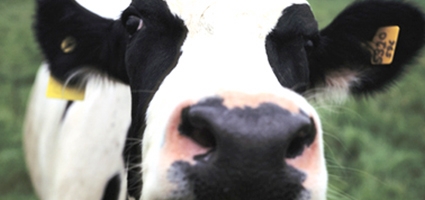

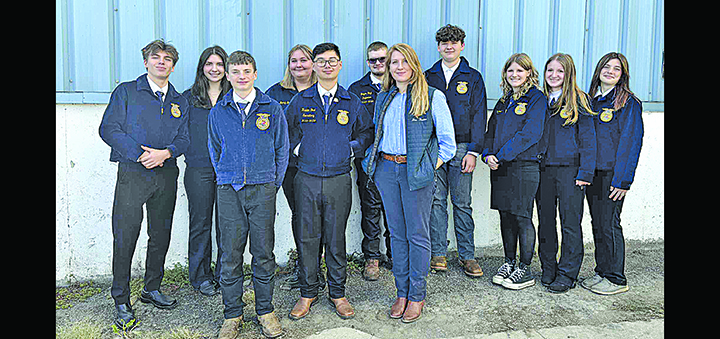
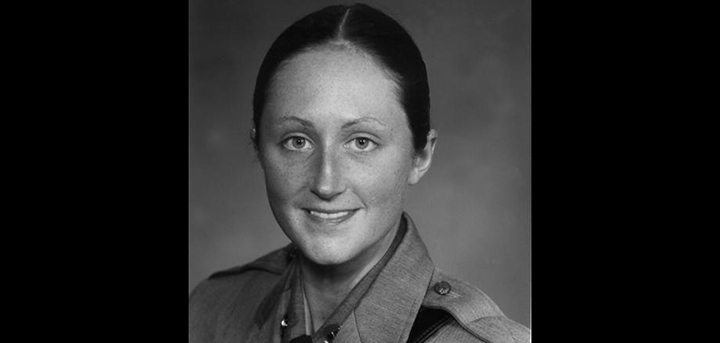
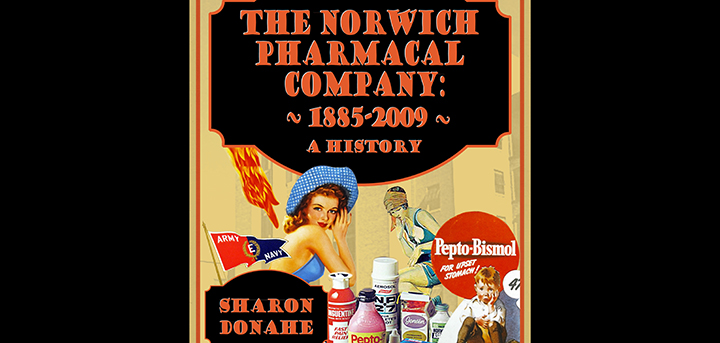
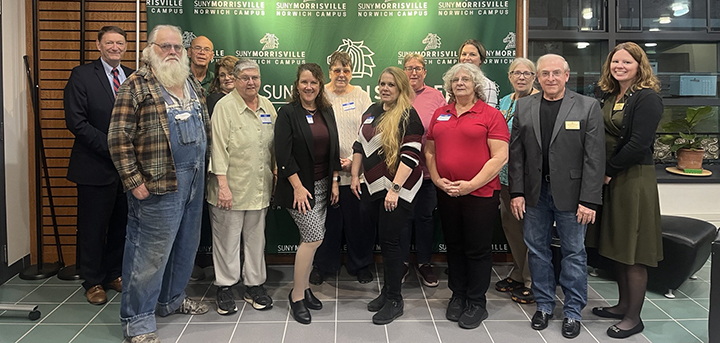
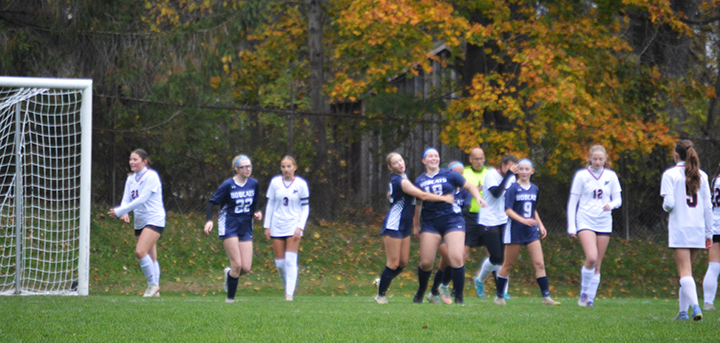



Comments